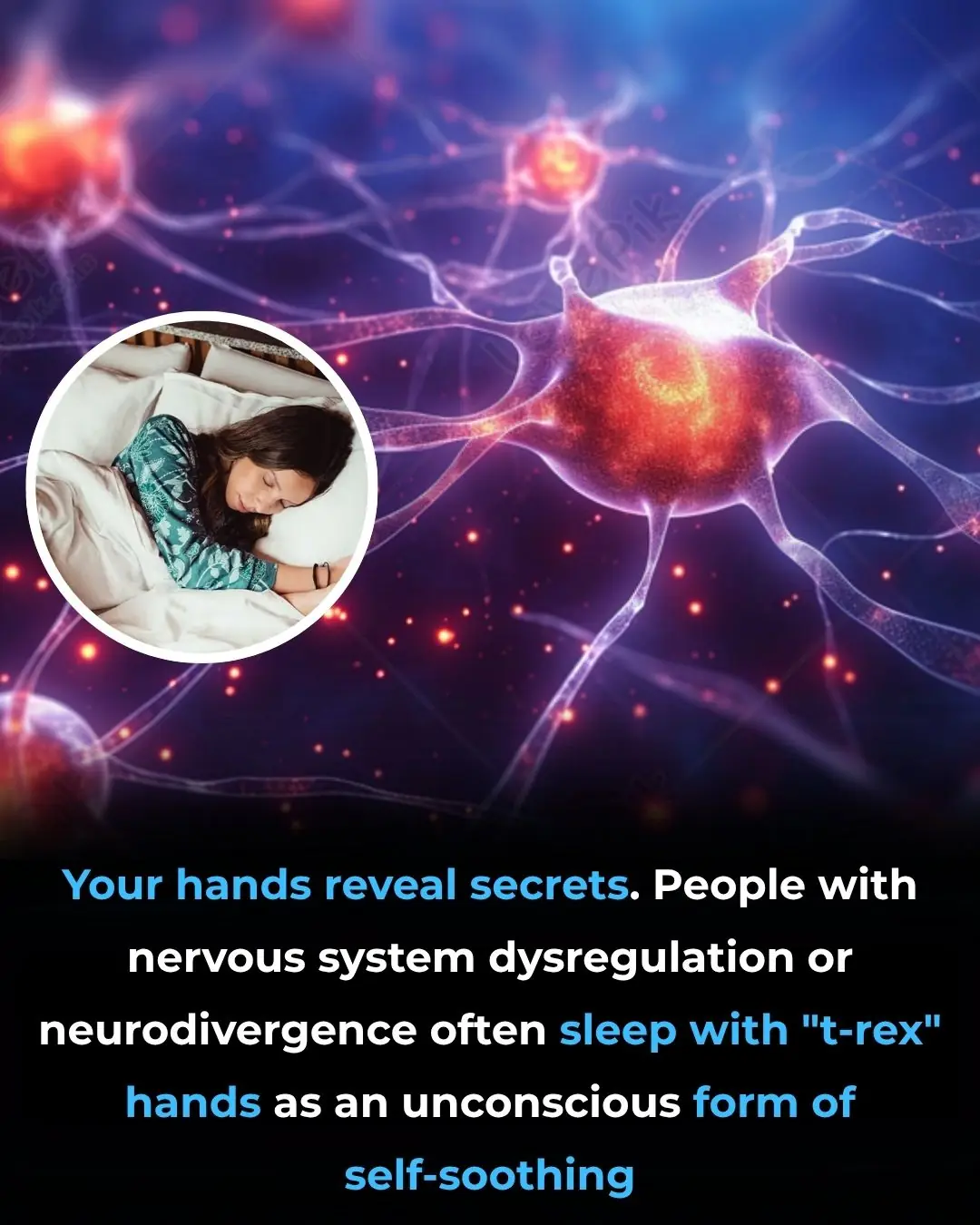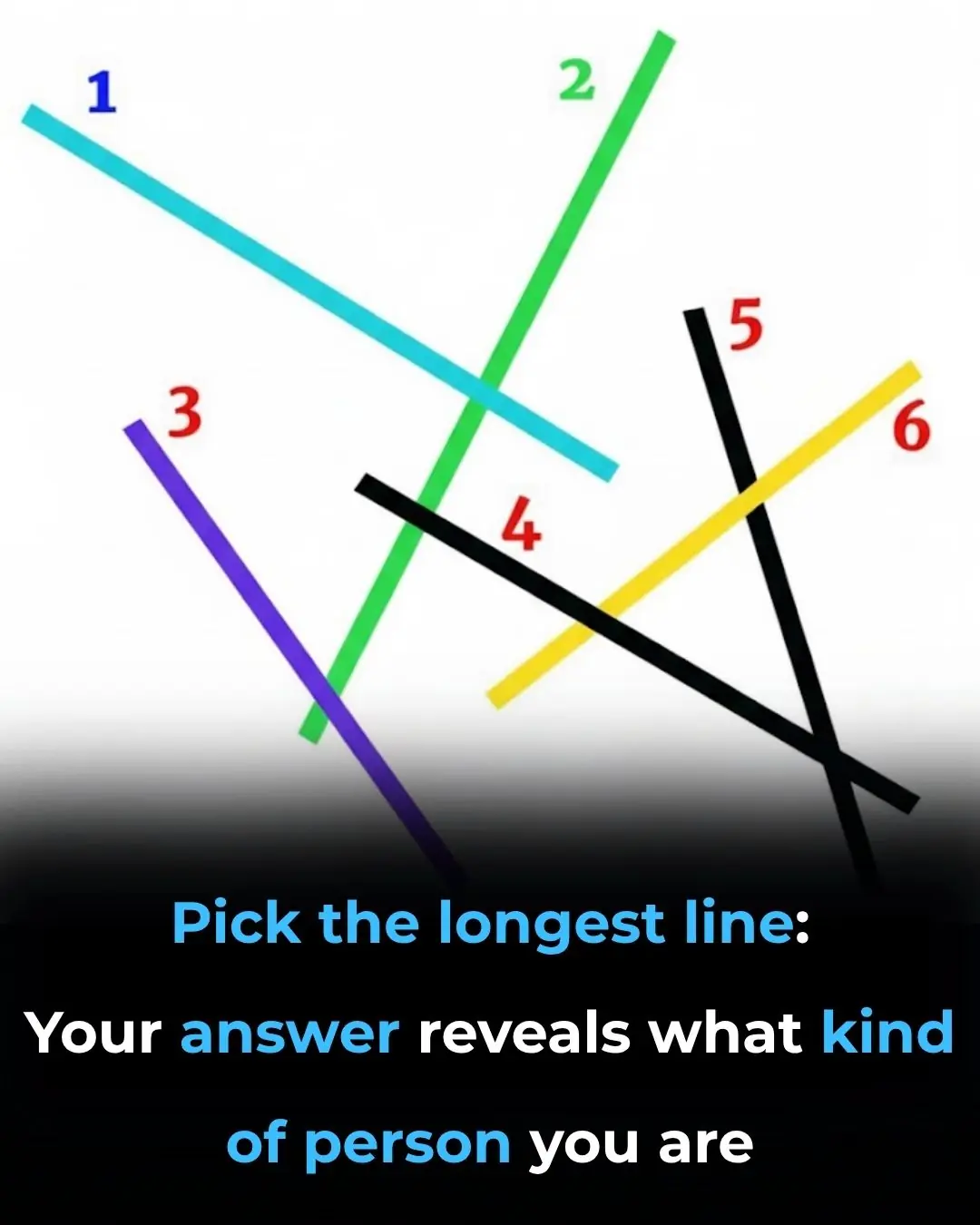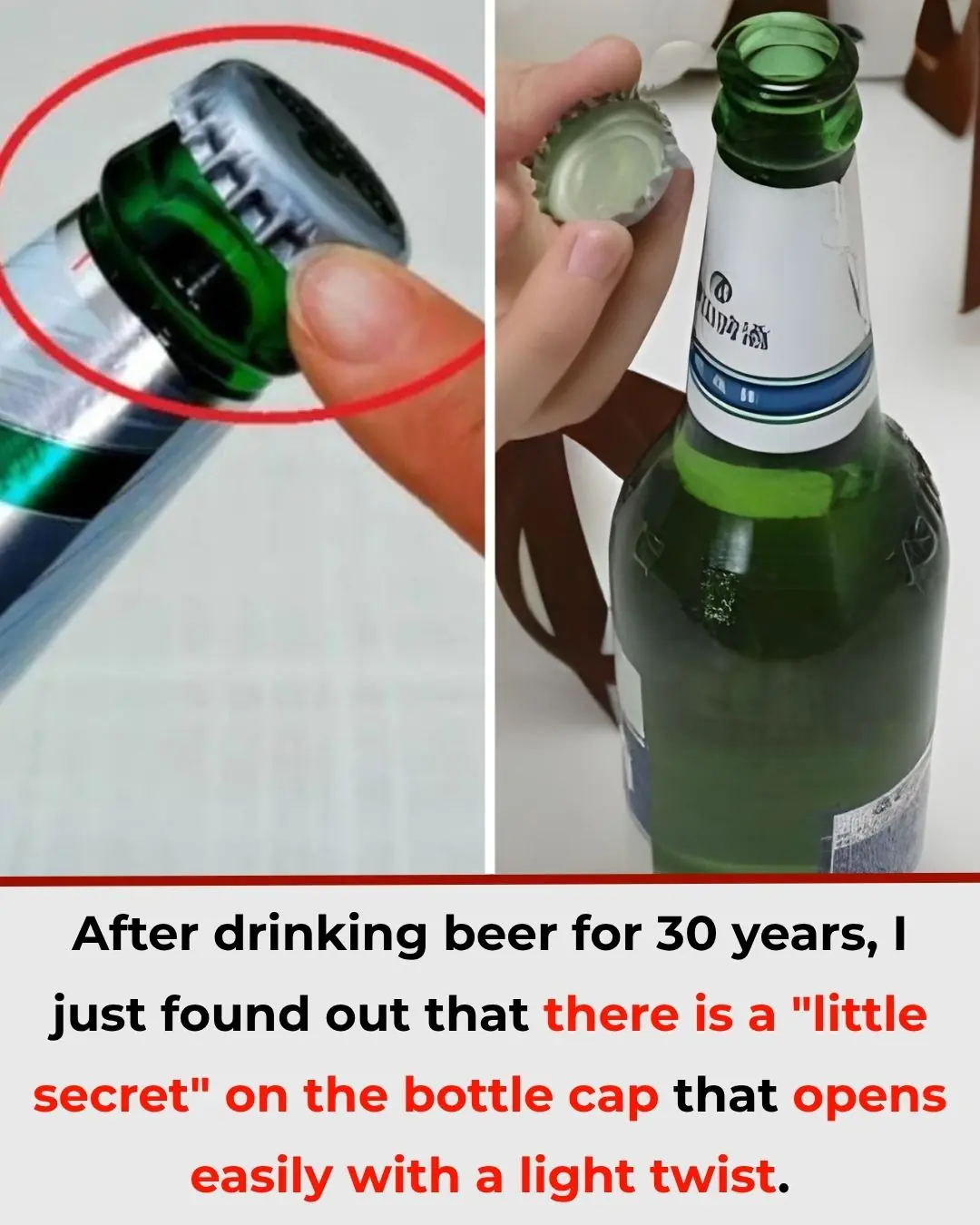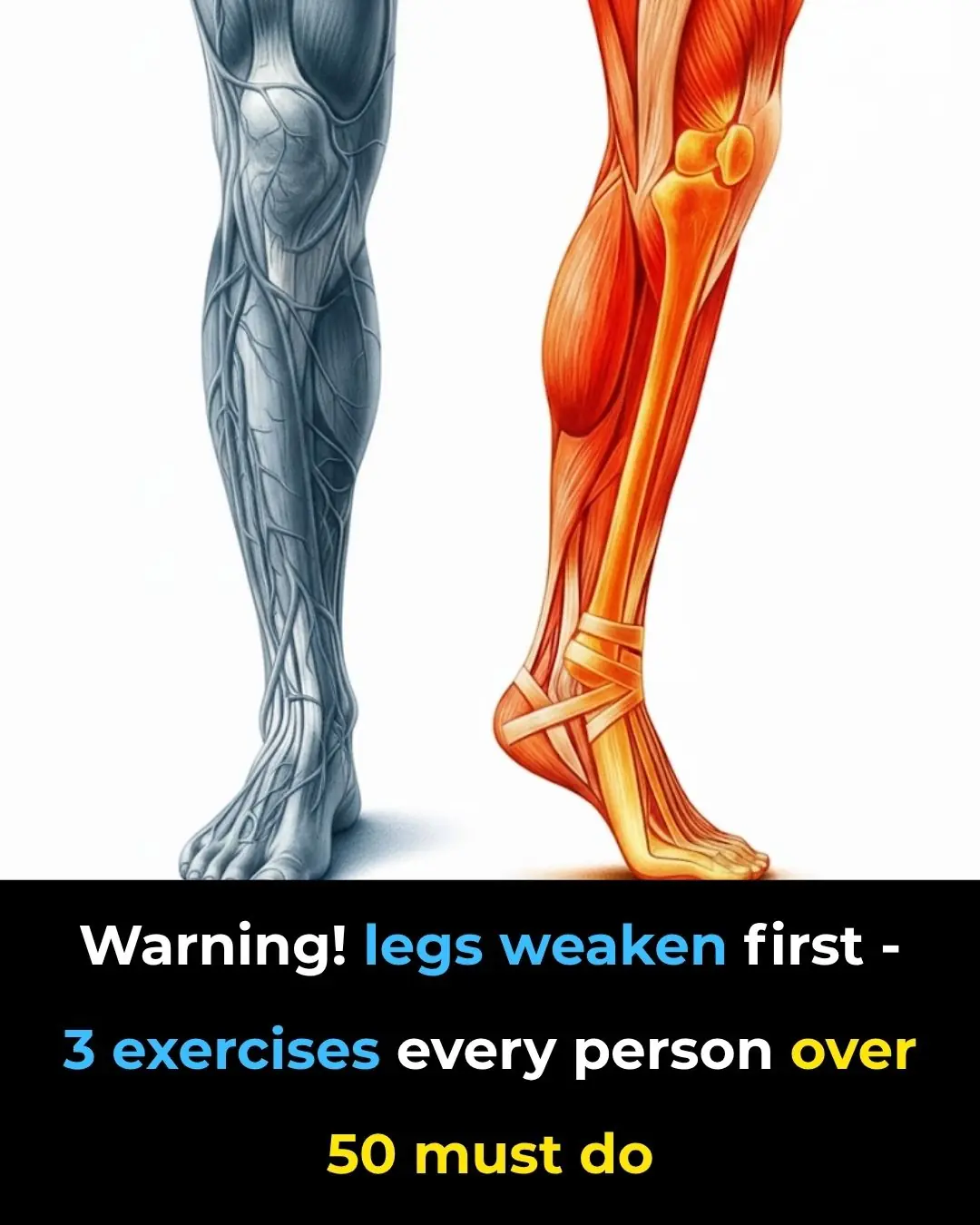
Always Close Your Bedroom Door Before Going to Sleep
Why You Should Always Close Your Bedroom Door Before Going to Sleep
It might seem like a minor nightly habit, but whether you sleep with your bedroom door open or closed can have serious consequences—especially when it comes to safety. Beyond comfort and privacy, closing your bedroom door before bed can literally save your life. Here’s why this simple action matters more than most people realize.
Why Sleeping With the Door Closed Is So Important
1. It Slows the Spread of Fire
In the event of a house fire, an open door allows flames and smoke to rush into your bedroom almost instantly. A closed door, however, acts as a barrier. Firefighters often emphasize that a closed door can:
-
Block flames from entering the room
-
Slow down the movement of heat and smoke
-
Give you precious extra minutes to escape
Studies using real fire simulations show that rooms with closed doors remain dramatically cooler and safer for significantly longer. In some tests, an open-door room reached temperatures over 500°C (930°F), while the closed-door room remained under 40°C (104°F). That difference can mean the difference between life and death.
2. It Helps Protect You from Carbon Monoxide
Carbon monoxide (CO) is a silent danger—colorless, odorless, and potentially deadly. During a fire, CO spreads rapidly through the home. But a closed door slows this movement, giving you more time to wake up, detect the danger, and escape safely. In some cases, a closed door can reduce CO exposure by up to 90%.
3. It Gives You More Time to Act
In emergencies, time is your greatest asset. A closed door buys you those critical seconds:
-
To hear your smoke alarm
-
To grab your phone
-
To guide children or loved ones to safety
-
To leave the house or call for help
Every second counts, and a closed door can multiply them.
Other Benefits of Sleeping With Your Door Closed
While fire safety is the most important reason, several additional advantages make closing your bedroom door a smart choice.
1. Increased Security
If a break-in occurs, a closed door creates a barrier between you and the intruder. It slows down their access and may give you the time needed to hide, call emergency services, or escape. Even a few moments of delay can make a significant difference in a dangerous situation.
2. More Privacy
If you live with family members, roommates, or children, closing your door provides a sense of personal space. It reduces the chance of late-night interruptions and helps create a more peaceful sleeping environment.
3. Better Noise Reduction
Bedroom doors are often surprisingly effective sound barriers. A closed door can help block:
-
Street noise
-
Household activities
-
Loud neighbors
-
Pets moving around at night
This simple step can lead to deeper, more restful sleep.
Important Safety Precautions to Follow
Sleeping with your door closed is extremely helpful, but it should be combined with other essential safety measures:
Install Smoke Detectors
Make sure smoke detectors are installed on every floor, in hallways, and ideally inside bedrooms. A detector in the garage or near your kitchen is also recommended.
Test Smoke Detectors Regularly
Check them once a month and replace batteries at least once a year. Don’t wait for the low-battery chirp—be proactive.
Create a Household Evacuation Plan
Everyone in the home should know:
-
Where to exit
-
Where to meet outside
-
How to contact emergency services
-
What to do if smoke blocks their pathway
Practice your plan at least twice a year.
Keep Bedroom Doors Unlocked
While closing your door is crucial, never lock it while sleeping. An unlocked door ensures:
-
Quick escape in case of fire
-
Easy access for rescuers
-
No delays during emergencies
Safety should never come at the cost of accessibility.
The Bottom Line
Closing your bedroom door at night might seem insignificant, but this small habit can dramatically improve your safety. It protects against fire, slows harmful gases, enhances your security, and even helps you sleep more soundly.
Something so simple takes just a second—but it could save your life.
If you want, I can also create:
🔹 a shorter version for social media
🔹 a more scientific version
🔹 a story-style version to make it more emotional
News in the same category


When Pleasing Others Hurts Your Health: New Study Links People-Pleasing to Autoimmune Risk

Why We Sleep With ‘T-Rex Arms’: A Self-Soothing Posture Linked to Stress and Neurodivergence

Choose the Longest Line

France Turns Forgotten Railway Tunnels into Poetic Winter Shelters for the Unhoused

Rose Essential Oil May Boost Brain Structure: New Study Reveals Increased Gray Matter Volume

Why So Many New York Buildings Don’t Have a 13th Floor

Pouring medicated oil on garlic seems like a strange thing to do, yet it offers surprising benefits that not everyone knows about

Why So Many New York Buildings Don’t Have a 13th Floor

Norway’s Living Kelp Barriers: Nature-Built Protection for a Changing Coastline

Italy’s Porous Streets: A Quiet Innovation That Lets Cities Breathe Again

How Israel Is Turning Water Pipes Into Clean Power Plants

Powerful Health Benefits of Pineapple You Should Know

🐍 What to Do If You’re Bitten by a Snake — When Help Is Far Away

Motherhood Rewires the Brain: Why Postpartum Recovery Takes Years, Not Weeks

Eating More Than One Egg a Week May Slash Alzheimer’s Risk by 47%

CRISPR Breakthrough Offers Hope for a Potential HIV Cure

Four Teens Risk Their Lives to Rescue Elderly Neighbor from Burning Home in Sapulpa

Sugar May Be a Bigger Threat to Heart Health Than Cholesterol, New Study Finds
News Post

Sweden Turns School Lunchrooms Into Forest-Inspired Sanctuaries to Boost Student Well-Being

Heated Sidewalks and Cold Mornings: Iceland’s Quiet Revolution in Winter Comfort

When Pleasing Others Hurts Your Health: New Study Links People-Pleasing to Autoimmune Risk

Knives become dull and rusty after long use. Remember these 5 easy ways to clean them. No matter how rusty your knife is, it will still be shiny and sharp

Why We Sleep With ‘T-Rex Arms’: A Self-Soothing Posture Linked to Stress and Neurodivergence

Choose the Longest Line

Scientists say this nutrient may hold the key to reversing heart disease

Health problems that improve with vitamin B12 (and how to use it)

The 70-year-old blood pressure drug scientists say may help stop deadly brain tumors

France Turns Forgotten Railway Tunnels into Poetic Winter Shelters for the Unhoused

Rose Essential Oil May Boost Brain Structure: New Study Reveals Increased Gray Matter Volume

These 4 common prescription drugs may be silently damaging your nerves

After 30 Years of Drinking Beer, Many People Still Don’t Know This Secret on the Bottle Cap — Just a Simple Twist to Open It Easily

The #1 fastest way to reverse liver and kidney damage

Banana Peels Mixed With Laundry Detergent: The Surprisingly Powerful Household Remedy

The protein sources that build your body vs. the ones that waste your money

Garlic for Ear Health: Natural Relief and Protection

Why So Many New York Buildings Don’t Have a 13th Floor

Tree-of-Heaven (Ailanthus altissima): Power, Potential, Uses, and Real-World Cautions
